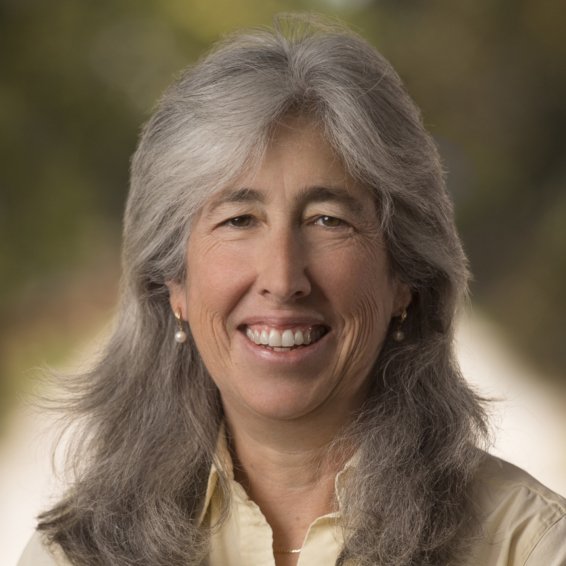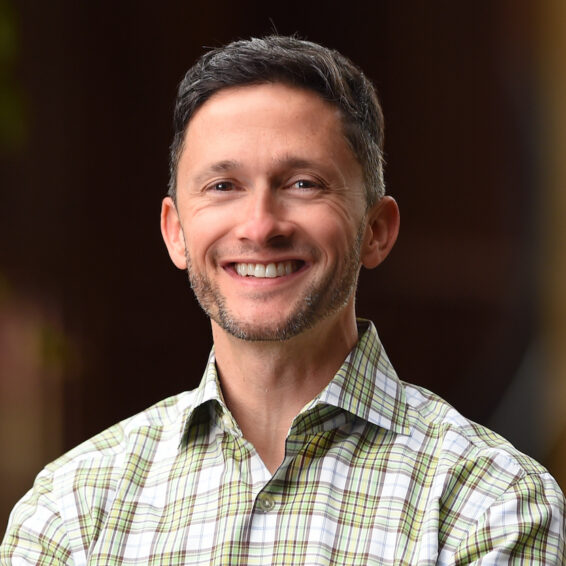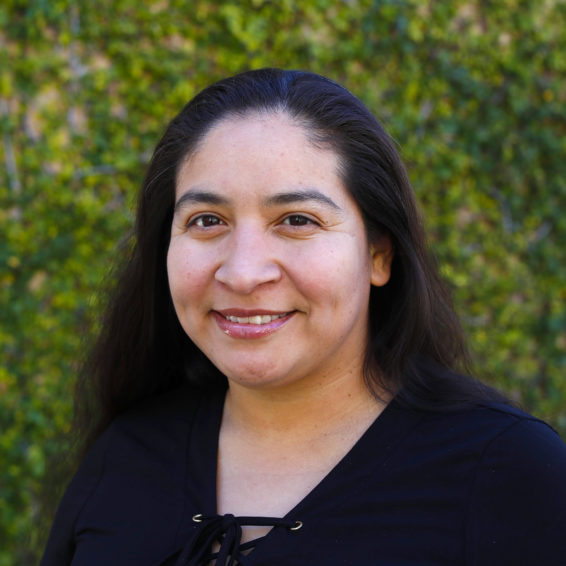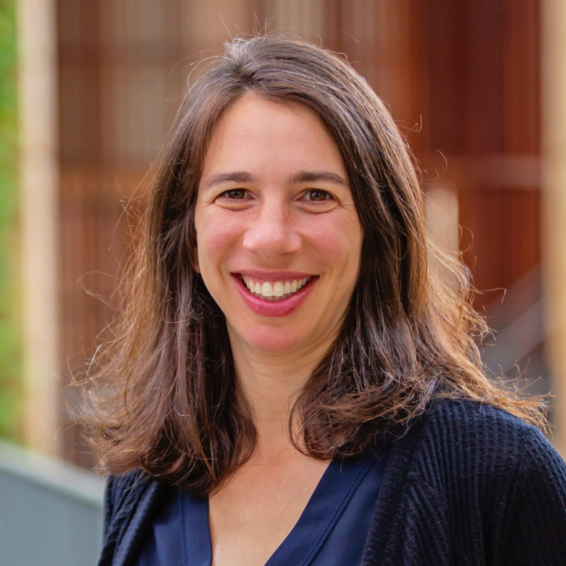Environmental Law Clinic
The Environmental Law Clinic provides an opportunity each quarter for students to represent national, regional, and grassroots non-profit organizations on a variety of environmental issues. The clinic’s primary goal is to help students develop essential lawyering skills through hands-on experience in real cases.
Under the supervision of clinic director Deborah Sivas, JD ’87, Acting Deputy Director Matthew Sanders, JD ’02, and clinical attorney Stephanie Safdi, Yale JD ’13, clinic students work on a mix of litigation and policy matters at the interface of law, science, and policy. The clinic’s clients range from national groups like the Sierra Club, the Natural Resources Defense Council, and the Ocean Conservancy to regional and local groups like Center for Biological Diversity, Monterey Coastkeeper, the Grand Canyon Trust and the Pit River Tribe. The clinic’s work tends to be based in California, but often concerns issues in other regions or across the nation. Our cases take our students before administrative agencies and to all levels of state and federal court, with frequent practice in the U.S. Court of Appeals for the Ninth Circuit and the U.S. Supreme Court.
As part of their casework in the clinic, students help screen new matters and potential clients; formulate strategies; research and develop factual and legal issues; and prosecute administrative and litigation proceedings. Students may meet with clients, opposing counsel or agency officials; review administrative records and develop expert testimony; draft comment letters, petitions, pleadings and briefs; and present argument at administrative and judicial hearings. In regular one-on-one meetings with supervising faculty, there is a heavy emphasis on learning how to write persuasively, present oral arguments, and exercise professional judgment.
In the past year, clinic students have successfully litigated cases to protect sacred tribal lands from geothermal development, address agricultural pollution from runoff in the Salinas Valley, and defend local laws aimed at avoiding harmful coastal development. You can read more about our cases or see some of our students’ recent work.
The clinic runs year-round, with full-time students in the fall and winter quarters; advanced students in the fall, winter, and spring quarters; and one or two full-time students over the summer. Only Stanford Law School students may take the clinic during the academic year, but we encourage students at other law schools to apply for summer positions.
Students can find more details on the full-time and advanced clinics on Stanford Law School’s Course Catalog.
Check out the Clinic’s big victories and read more about our Environmental Program in our most recent newsletters.

Students' Work and Cases
The clinic is currently handling about 20 litigation and policy matters involving from marine and coastal resource protection, public land management, water quality, and threatened or endangered species.
Students in the Environmental Law Clinic have the opportunity to work on these cases. They have recently authored or co-authored briefs, letters, and other documents in cases aimed at:
- Cleaning up agricultural runoff in central California
- Taking on big business and the production of single-use plastics to reduce marine plastic pollution
- Enforcing California’s Environmental Quality Act
- Protecting the sage grouse, Pacific fisher, alligators, California native bees, mountain lions, salmon and other imperiled species
- Saving the Medicine Lake Highlands
- Restoring water quality and quantity in the San Francisco Bay Delta
- Defending local protections against unsustainable coastal development
- Encouraging responsible renewable energy development on public lands
- Challenging environmentally harmful desalination projects
EPA Issues "Endangerment Finding" for Leaded Aviation Fuel
On October 20, the U.S. Environmental Protection Agency formally determined that lead emissions from leaded aviation fuel (or “avgas”) may reasonably be anticipated to endanger human health and welfare. This determination is a necessary step in a regulatory process to eliminate lead additives in avgas. Clinic client County of Santa Clara, together with a coalition of non-governmental organizations represented by Earthjustice, petitioned the EPA to make this rulemaking in fall 2021. ELC students Ada Statler (’22) and Sydney Speizman (’23) worked on the petition and public comments on behalf of the County and other local governments dedicated to eliminating these lead exposures in their communities.
Learn more

ELC Win: Court Puts Bay Area Biofuel Megaproject On Hold
In a significant win for ELC, co-counsel, and clients, on October 12, Contra Costa County Superior Court prohibited further operations at a biofuel refinery in Rodeo, California until the county conducts a new environmental analysis to replace its legally defective initial analysis. “We applaud the court for rejecting Phillips 66’s attempt to circumvent the public process and begin operations without valid environmental review,” said Sara Evall (’25). “As the court reaffirmed today, the county is obligated to reassess the project based on community members’ input and an unbiased record. Rights of the public to informed democratic decision-making come before Phillips 66’s bottom line.”
Read moreELC Students Work to Change Racist California Water Policy
Stanford Environmental Law Clinic is supporting efforts by Tribes and environmental justice advocates to reframe California water rights. Environmental Law Clinic students Alison Cooney and Sydney Speizman (pictured at right) filed an amicus brief in the California Court of Appeal on behalf of the Winnemem Wintu Tribe, Shingle Springs Band of Miwok Indians, Little Manila Rising, and Restore the Delta calling for reforming the water rights system to more effectively and equitably control the state’s water resources. The coalition‘s amicus brief argues that exempting pre-1914 water rights from state regulation and enforcement fails to grapple with the historical context of these water rights, which are rooted in systematic discrimination, exclusion, and violence against Indigenous peoples and communities of color.
The Clinic also submitted a Petition for Rulemaking to the State Water Resources Control Board to Review and Revise Bay-Delta Water Quality Standards. The Petition requested that the State Water Resources Control Board:
- immediately review water quality standards in the Bay-Delta Plan;
- consult with affected tribes and revise beneficial uses in the Bay-Delta Plan to incorporate tribal beneficial uses and non-tribal subsistence fishing beneficial uses;
- issue new and revised water quality standards adequate to protect the full range of beneficial uses and public trust interests; and
- initiate a rulemaking to regulate all recognized rights to use of Bay-Delta water – including pre-1914 appropriative rights – and limit water diversions and exports to levels consistent with the revised water quality standards.

ELC Featured in Mills Legal Clinic Blog

Environmental Law Clinic Weighs in on EPA’s Effort to Reduce Light-Duty Vehicle Emissions
On March 3, the Environmental Law Clinic filed an amicus brief on behalf of the International Council on Clean Transportation in a D.C. Circuit Court of Appeals case dealing with the EPA’s authority to reduce greenhouse gas emissions from light-duty vehicles, a category that includes cars and SUVs as well…
Read MoreEnvironmental Law Clinic Pushes for Federal Ban on Leaded Aviation Gasoline
Wildlife Advocates Win Favorable CEQA Ruling in Challenge to Toxic Rodenticide
After 15-year Battle, Marin County Adopts Protections for Endangered Coho Salmon
ELC Challenges East Bay Attempt to Give Refineries a Second Life
Native Bumblebees Become First Insects Protected Under the California Endangered Species Act
In the News
The Biden Administration Makes Two Big Moves To Conserve Public Lands, Sparking Backlash From Industry
Inside Climate News
Matthew Sanders was quoted.
Read MoreGrizzly Population Surge Tests Boundaries of Species Protection
Should the Endangered Species Act be updated for climate change accounts?
Nationwide Buzz Around ‘Bees Are Fish’ Ruling Brought The Daily Show to Stanford Law School
Held v. Montana Is a Historic Victory for Climate Action—but Also Human Rights
EPA to investigate California State Water Board for alleged civil rights violations




